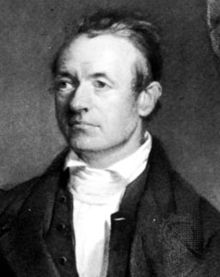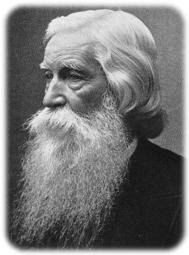“I will go . . . and if I perish, I perish.”
(Esther 4:16)

These are the words of Esther, queen of Persia and undercover Jew. She was being implored by her cousin Mordecai to go to the king and beg for the lives of her fellow Jews after Haman had hoodwinked the Crown into signing off on their destruction.
Yet Esther reminded her zealous cousin that no one could simply appear in the King’s court uninvited. In fact to do so would likely meet with a death sentence, even for the queen.
Still Mordecai urged her to step forward—for her people, for herself! He used what may be his most familiar words: “who knows whether you have not come to the kingdom for such a time as this?” (v.14).
Perhaps like Esther you need a wakeup call, a reminder of who you are, of how Providence has positioned you strategically in life.
Esther sent word to Mordecai to call all God’s people to fast and pray, indicating that she and her maidens would do the same. Then she would step forward—perish or not.
It is not unusual for God to ask us to take a step that seems to go against commonsense and social custom, a step that appears certain to fail or to bring us to ruin. At such times we must fast and pray and ask others to join us. Then the only thing left to us is to obey, to step forward, to step out, to “go,” saying “if I perish, I perish.” If God guides, we must, if we are to walk with Him, do what He requires, placing our fate in His hands.
When was the last time you took such a step? It didn’t have to require the possibility of physical death, but it did require the possibility of “death” to something, or to someone, or to some place.
Faith—I think Peter would agree—is a lot more attractive from the safe confines of the boat rather than on the crest of the waves on the open sea. But that’s the thing—in the boat faith is only a concept, a mere topic of conversation, nothing but an idea to bat around. Faith is only faith when it is in motion. Faith is not faith when we philosophize or theorize or theologize about it. It is only faith when we move.
Recently I listened to two different messages, providing moving accounts of the lives and ministries of two pioneering missionaries: John G. Patton and Adoniram Judson. When I read Esther’s words today, I thought Patton and Judson. Theirs was the same sense of call, “I will go . . . and if I perish, I perish”!


It does not have to be to a foreign field, it does not have to be in the face of physical death, but every step of faith requires both risk and resolve.
Can you pray, “O God, I will go . . . and if I perish, I perish”?


